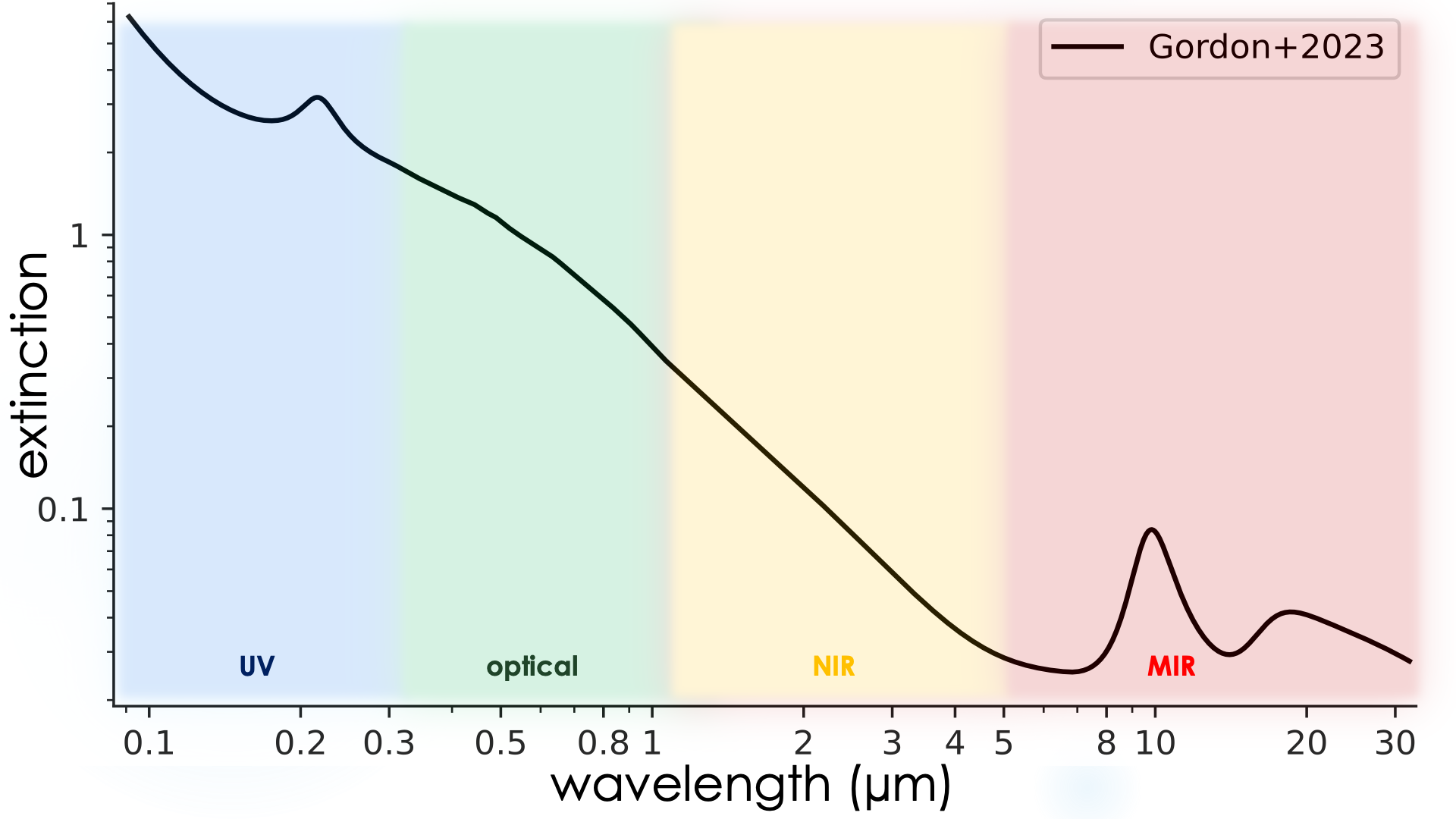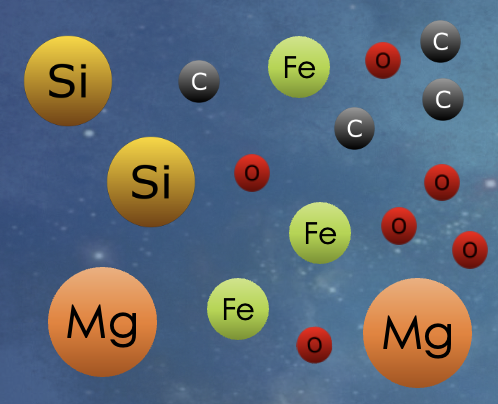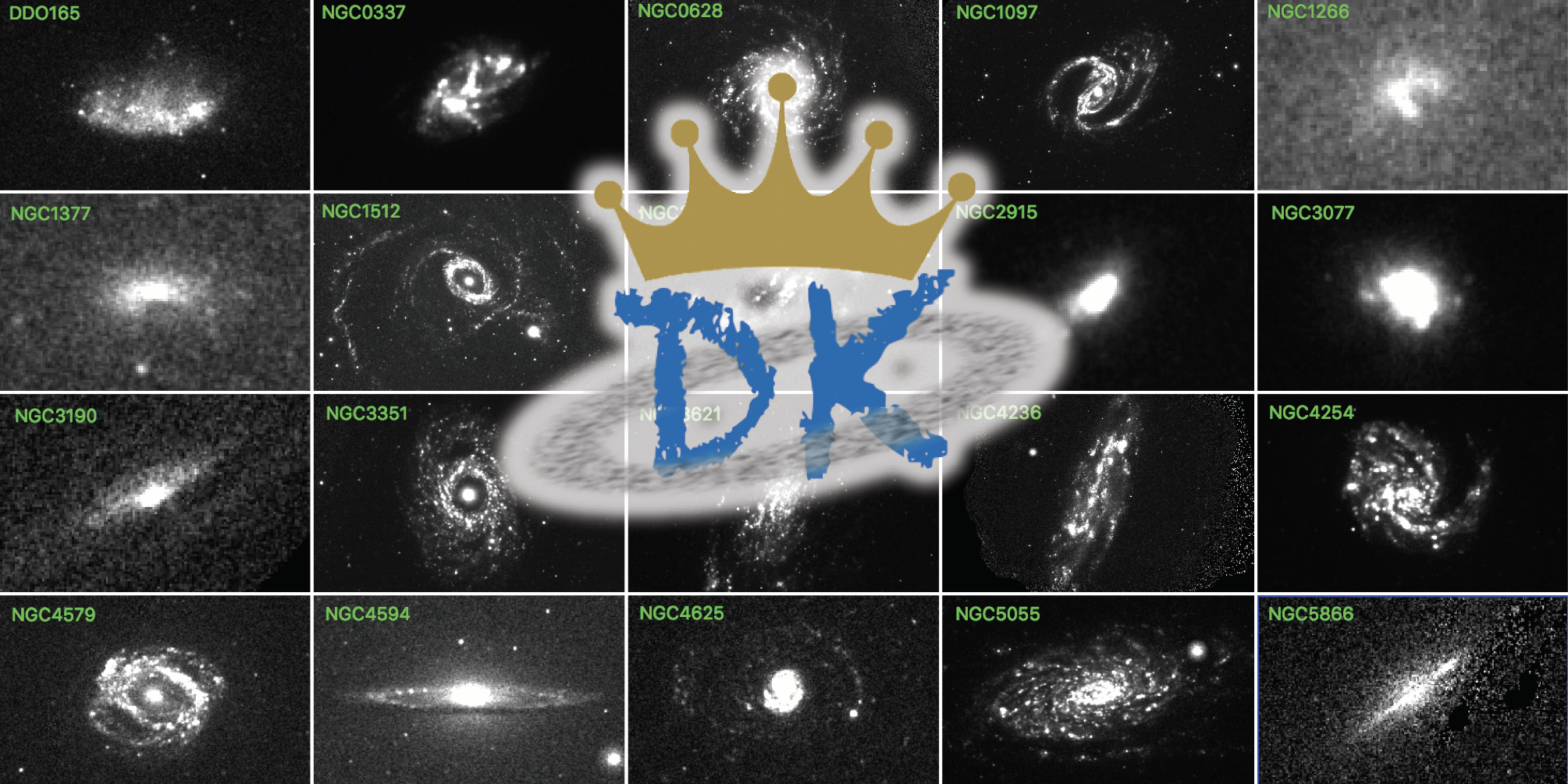
Dr. Marjorie Decleir
ESA Research Fellow
Space Telescope Science Institute
About Me

My name is Marjorie Decleir. I discovered my interest in science and astronomy in particular while attending courses at the public observatory in Bruges (Belgium). This emphasizes the importance of public outreach to encourage the future generation to pursue science careers. I obtained a Master's degree in Physics and Astronomy and a PhD in Astronomy as an FWO (Research Foundation - Flanders) fellow at Ghent University. I worked with Prof. Ilse De Looze and Prof. Maarten Baes as my supervisors. After graduating in 2019, my husband and I moved to the United States, and I started my first postdoc position at the Space Telescope Science Institute (STScI) in Baltimore (MD, USA), working with Dr. Karl Gordon. Since December 2023, I am an ESA (European Space Agency) Research Fellow at STScI, where I am part of the ISM* group. My research focusses on the properties of interstellar dust in the Milky Way and other nearby galaxies. I strongly believe in the power of a diverse and inclusive team.
Publications
Please find my publications on ADS:
First author publications
All my publications
Observations & Data
coming soonCode
DRESSCode
In order to study dust attenuation in nearby galaxies, I obtained Swift UVOT (Ultraviolet/Optical Telescope) images to get a better coverage in the UV. Since the UVOT photon-counter was designed to observe high energetic events, its standard data reduction pipeline is only applicable to point sources. To overcome this, I developed a fully automatic data reduction and calibration pipeline (DRESSCode - Data Reduction of Extended Swift Sources Code; Decleir et al. in prep.) tailored to extended sources such as nearby galaxies. The pipeline starts from the raw UV data and delivers calibrated and science-ready images. It includes astrometric corrections, flux calibrations (such as corrections for coincidence loss, large scale sensitivity variations and time dependent sensitivity loss), and coaddition of multiple exposures. DRESSCode is available to the community on GitHub, and has a website with detailed user documentation.
Curriculum Vitae
Find my Curriculum Vitae here(last updated in August 2025)
Contact
Please contact me if you are interested in my research or have questions about my work.
Address
Space Telescope Science Institute3700 San Martin Drive
Baltimore, MD 21218





